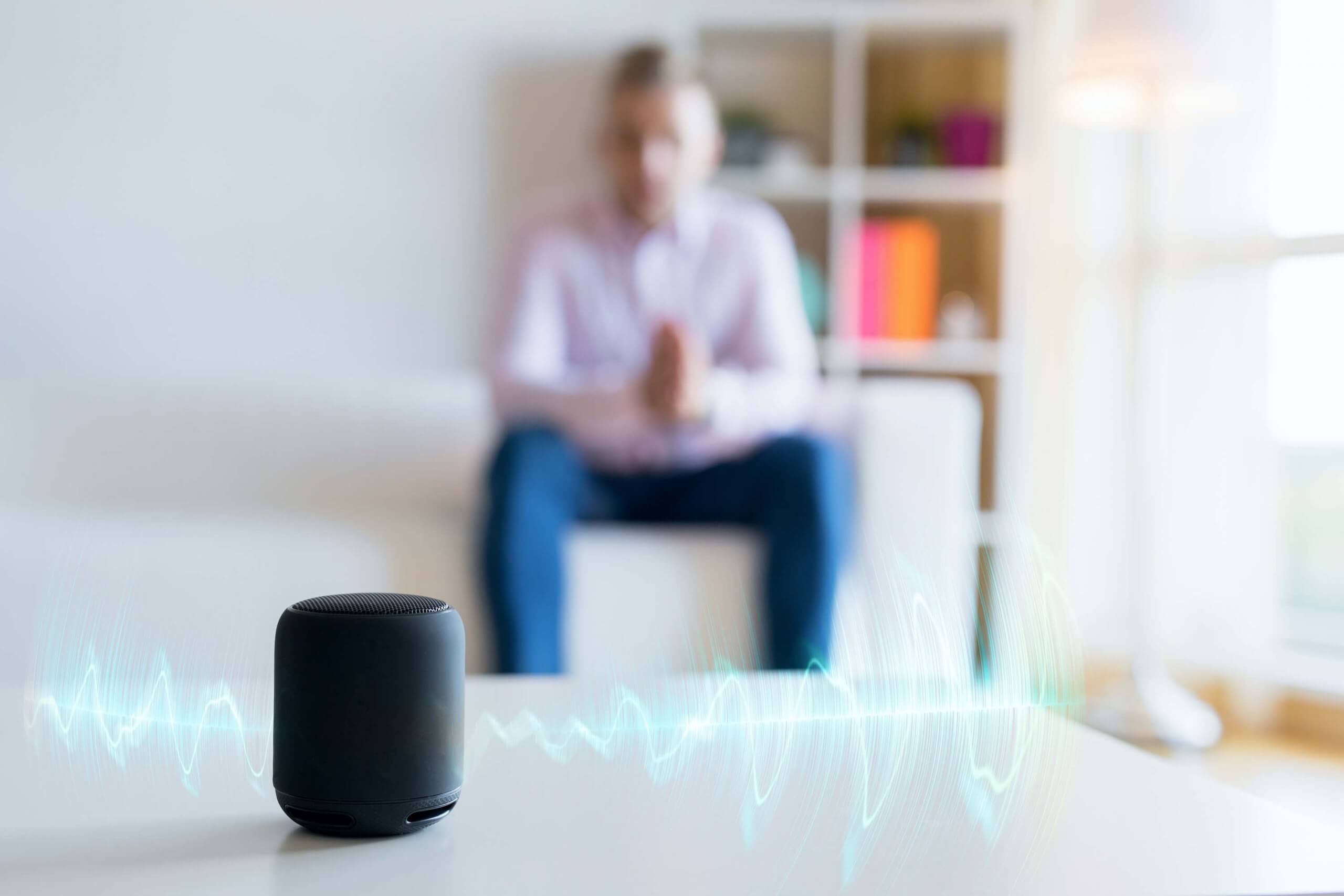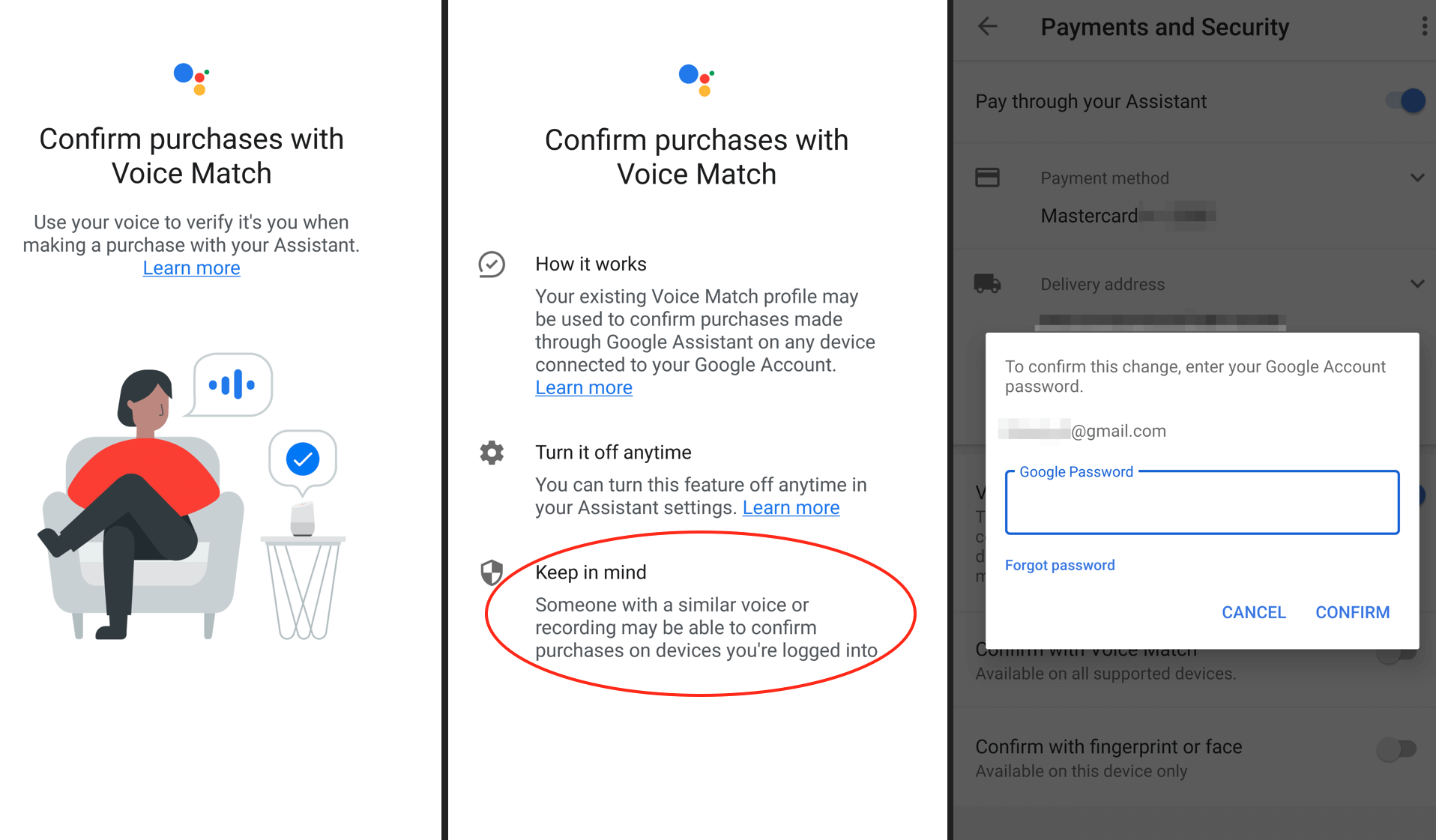In a nutshell: When smartphones first launched, we had passcodes to secure them and transactions made on them. Then came fingerprint scanning, followed by facial recognition. Now Google wants to use your voice to authenticate your identity. A not so new feature (support queries date as early as June 2019) is letting some users make Google Play transactions via a smart speaker.

Google is piloting a "new" voice authentication method for securing purchases made via its AI Assitant. The feature, called Voice Match, has limited availability for now and is only usable with Assistant-enabled smart speakers and displays. It is also restricted to only confirming purchases made through Google Play and restaurant orders.
The Verge notes that when it followed the support page's instructions for enabling Voice Match, it was not presented with an option to use the feature. It could only use fingerprint or face authentication. Other users who have found the feature available have reported the software stalling when attempting to turn on Voice Match. Issues like this are likely why the program is in a limited pilot phase.

The security method may not be so secure, however. Screenshots captured by Android police show one setup page stating, "Keep in mind: Someone with a similar voice or recording may be able to confirm purchases on devices you're logged into."
To mitigate possible breaches of the authentication method, Google has put further restrictions on what the feature will allow. For example, purchases are limited to an unspecified amount per transaction. Furthermore, the number of uses per day is also capped at an undisclosed amount.
To see if the functionality works for you, go to the Google app and tap More — Settings — Google Assistant — You — Payments. If you are part of the pilot, you will see "Confirm with Voice Match" as an option. Tapping it will start the setup process, which may or may not freeze on you.
It certainly does seem less secure than fingerprint or face scanning, but limiting it to devices that mainly reside inside the home alleviates some of the concern. That is unless you are John Madden and have Frank Caliendo over for dinner.